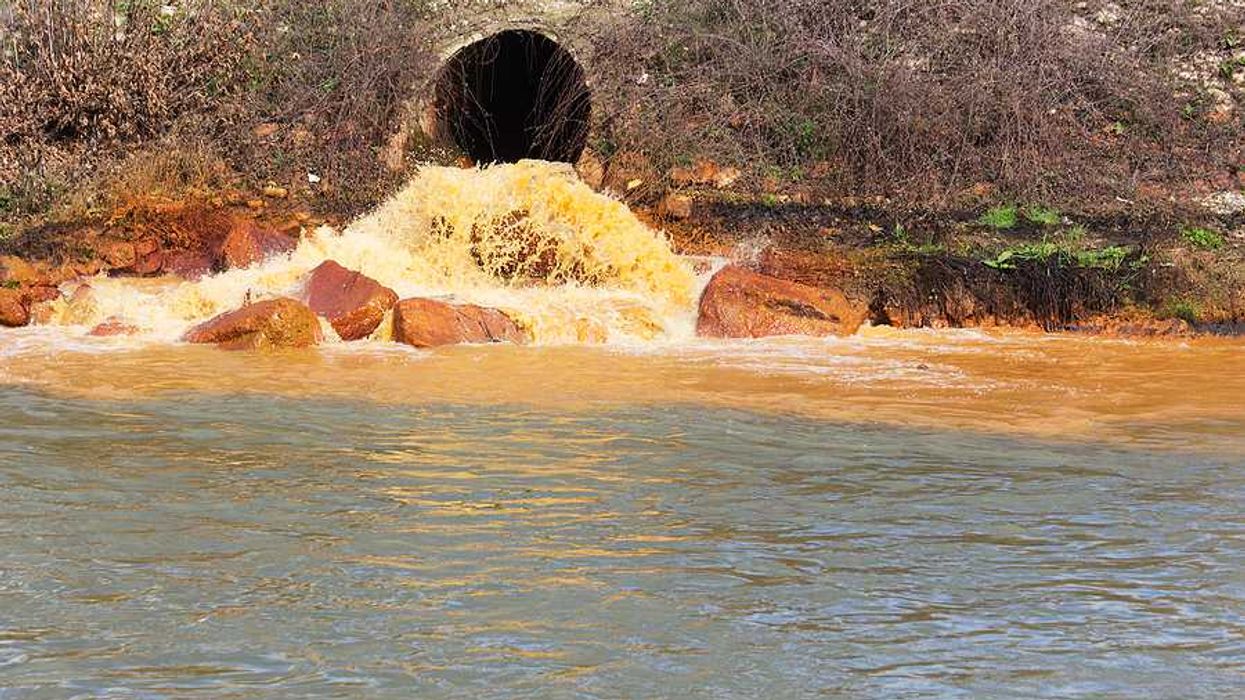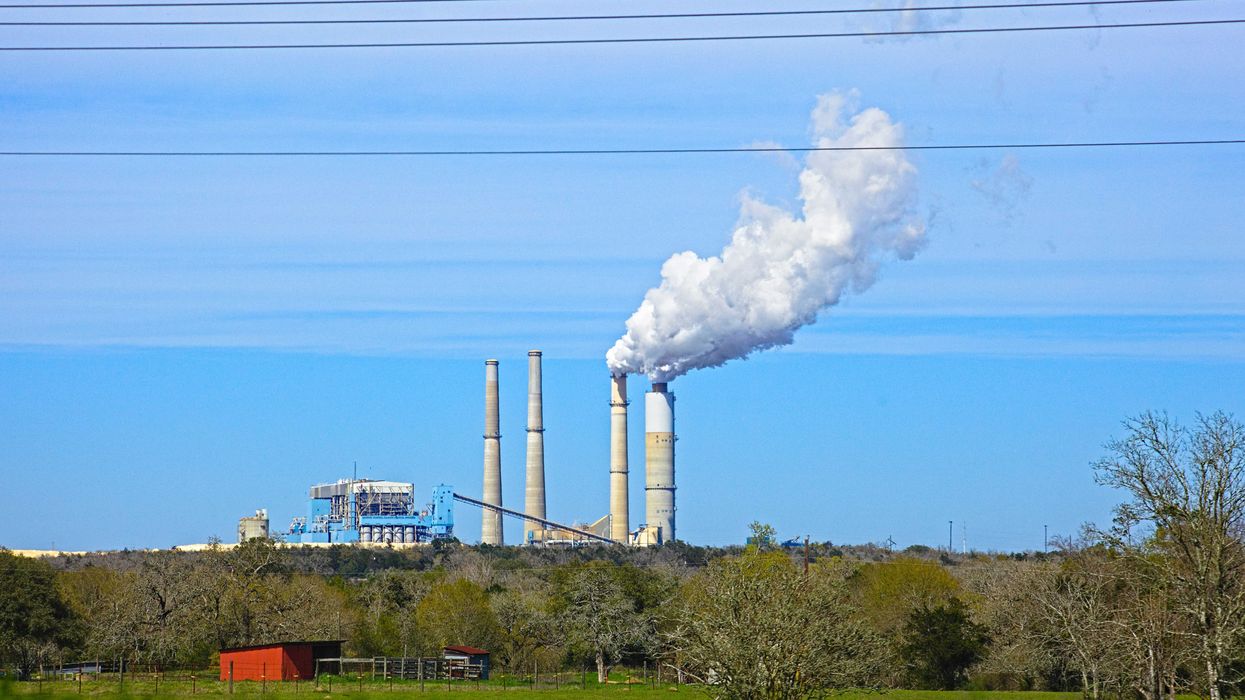Global Indigenous and grassroots movements are successfully using legal routes to halt new fossil fuel projects, safeguarding their lands from exploitation.
Delger Erdenesanaa reports for The New York Times.
In short:
- Recent years have seen significant legal victories in India, South Africa, and Australia against coal and oil projects.
- These efforts are recognized with the Goldman Environmental Prize awarded to leaders from six nations.
- Community actions blend environmental protection with human rights, emphasizing local and global ecological impacts.
Key quote:
"One of the things we’ve seen in recent years is that environmental law, protection of natural resources, has become intertwined with human rights law and the law of Indigenous people."
— Michael Sutton, executive director of the Goldman Environmental Foundation
Why this matters:
These community-led legal victories prevent local ecological damage and contribute globally by reducing potential new sources of fossil fuel emissions. At the heart of these legal fights is the recognition that environmental degradation often disproportionately impacts the most vulnerable communities, including Indigenous populations whose livelihoods and cultural heritage are deeply rooted in their ancestral lands.
Be sure to check out EHN's 2021 piece: Why Indigenous women are risking arrest to fight Enbridge’s Line 3 pipeline through Minnesota














